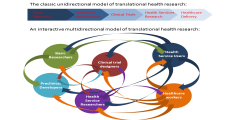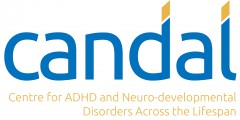Greater clarity about the evidence for non-pharmacological interventions for ADHD
March 2, 2015
For several years some CANDAL members have been working with the European ADHD Guidelines Group on a series of meta-analysis exploring the evidence base for non-pharmacological interventions for ADHD. The first review Songua-barke et al (2013) published in the American Journal of Psychiatry showed a very clear pattern of results across three psychological interventions ( …
‘Happiness’ lessons to be introduced in schools
February 23, 2015
UK government advisors and policy makers called for a new priority emphasis on young people’s mental wellbeing, in their report on Mental Health and Wellbeing in Children presented at the World Innovation Summit for Health last week (17th February, 2015). 1 in 10 British children and adolescents are suffering from mental health problems, such as anxiety …
Tourette’s syndrome featured on BBC1
February 16, 2015
The BBC 1 drama series Casualty is running a story on Saturday (21st February 21.15 BBC1) featuring a young woman with Tourette Syndrome. I haven’t personally seen the script but the charity Tourettes Action (www.Tourettes-action.org.uk ) were consulted. Since Tourette Syndrome affects approximately 300,000 children and adults in the UK it is good to see …
CANDAL annual conference highlights
February 2, 2015
Thanks to all who attended the CANDAL annual conference! For me, it was a really good example of what CANDAL is all about, with plenty of time devoted simply to talking and listening to each other. The highlight, for me, was the talk by Dr Barbara Houghton and Dr Jo Jones about their clinic for …
Welcome to CANDALight, the new blog for CANDAL
January 22, 2015
CANDAL aims to promote collaboration between researchers and our clinical partners into better ways of helping people with neurodevelopmental disorders. These disorders are conditions such as Attention Deficit Hyperactivity Disorder (ADHD), Tourette’s Syndrome, and autism (including Asperger’s Syndrome), all of which may continue into adulthood, and quite often overlap in the same person. Unlike other …






Recent Comments